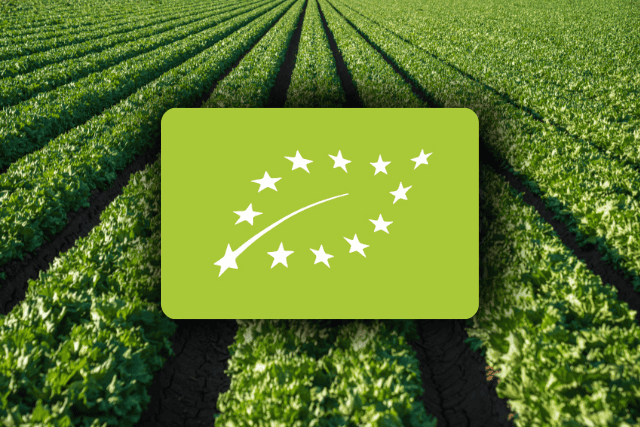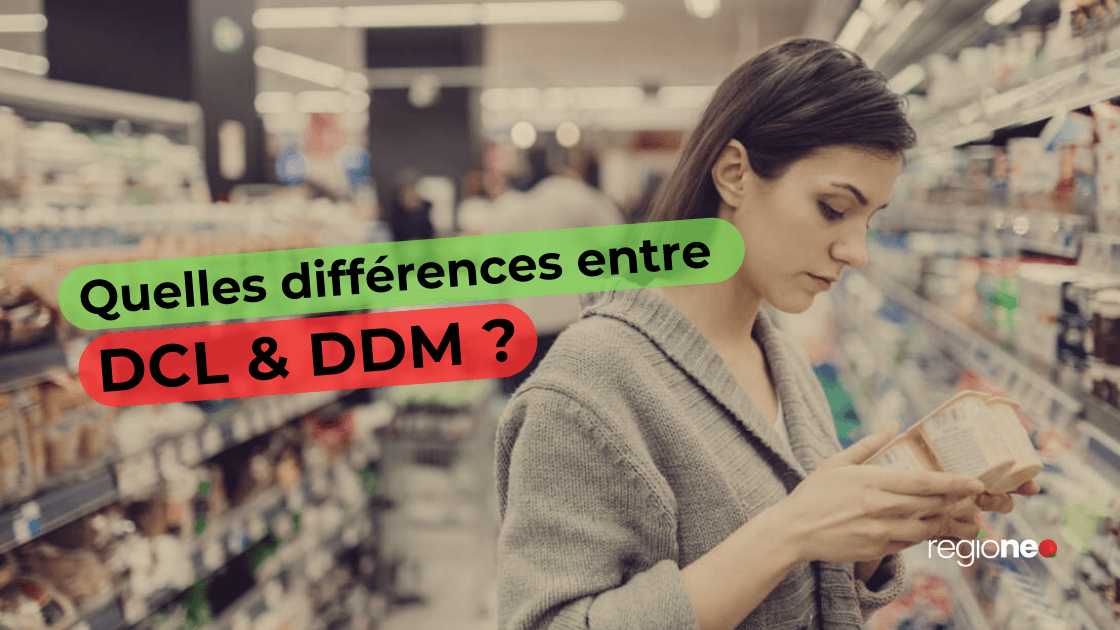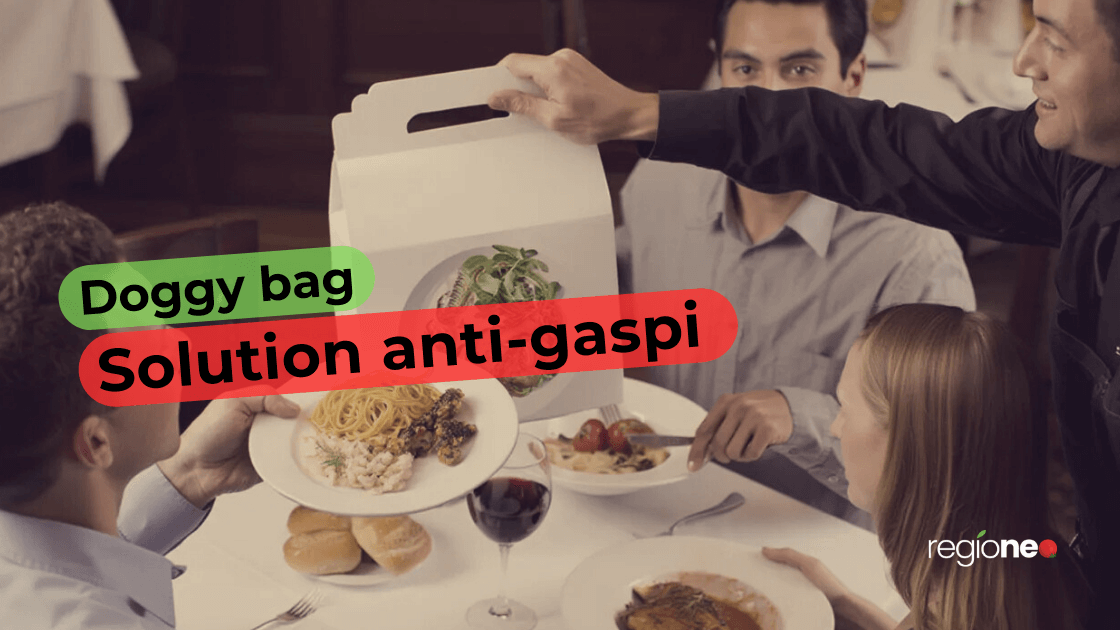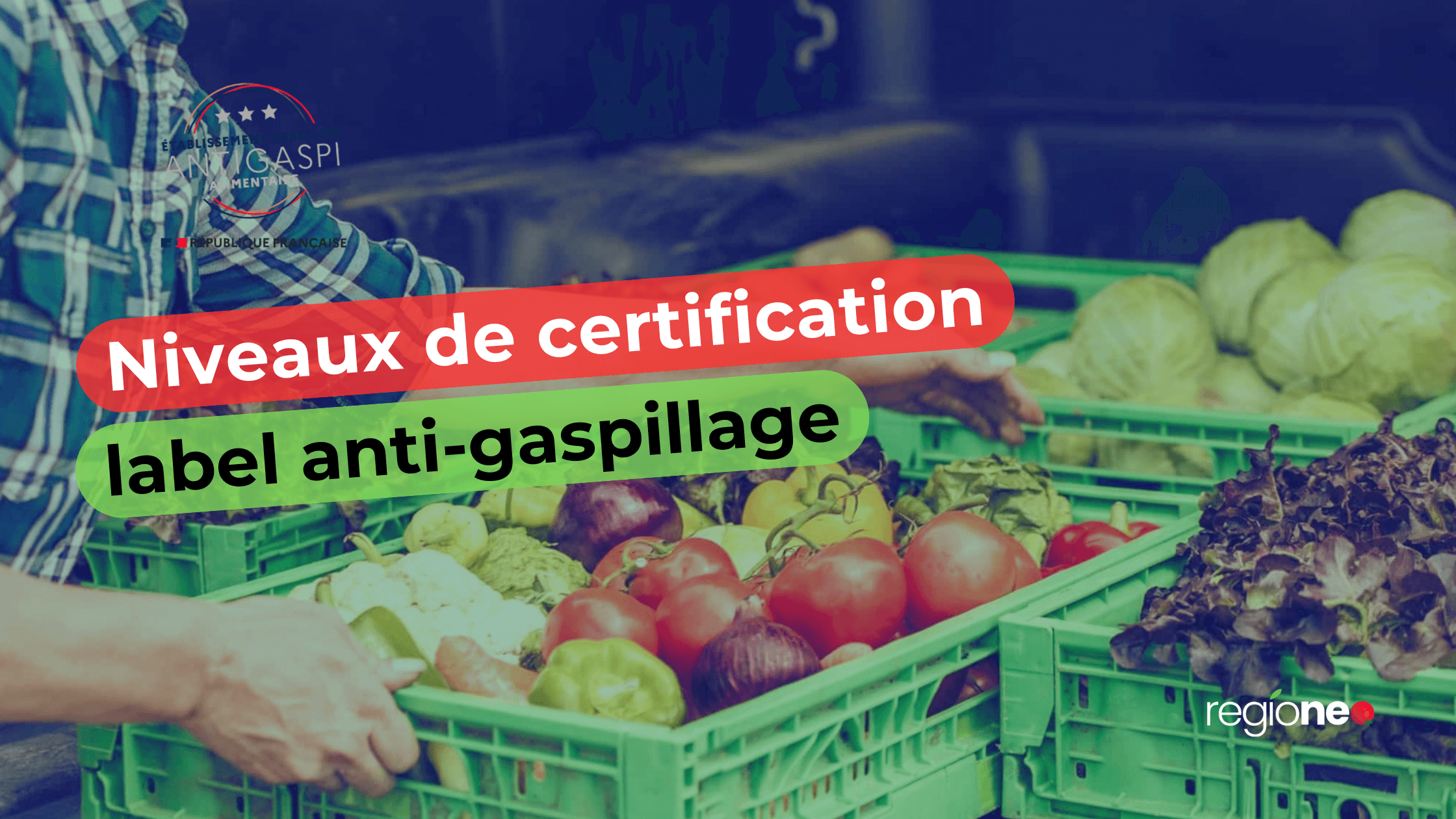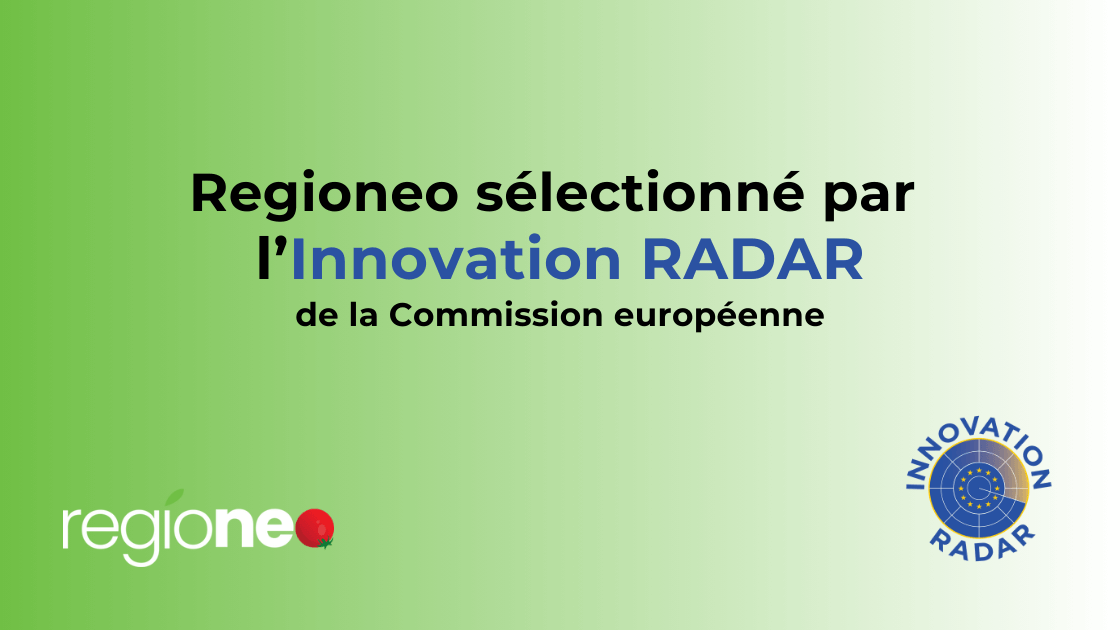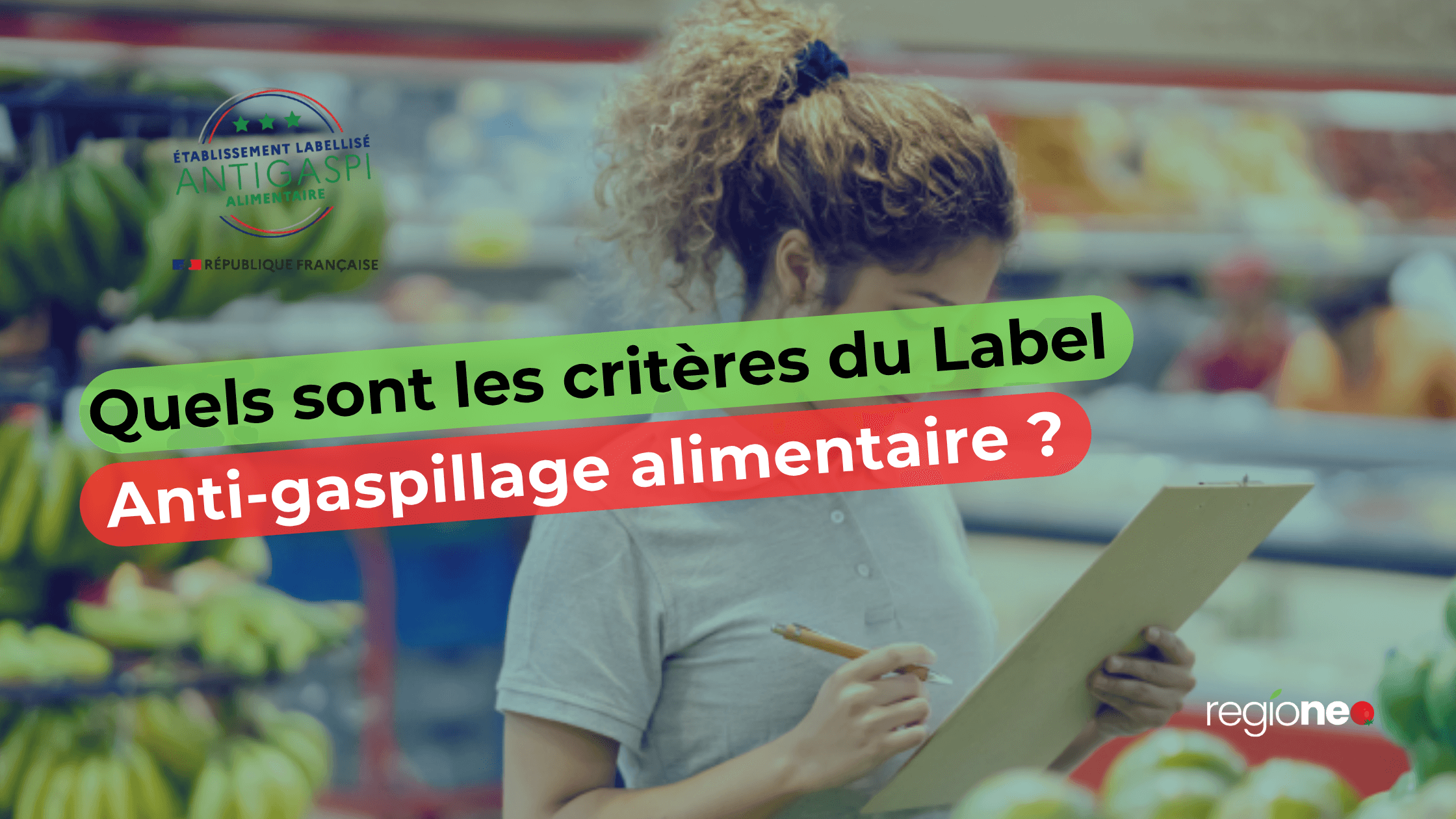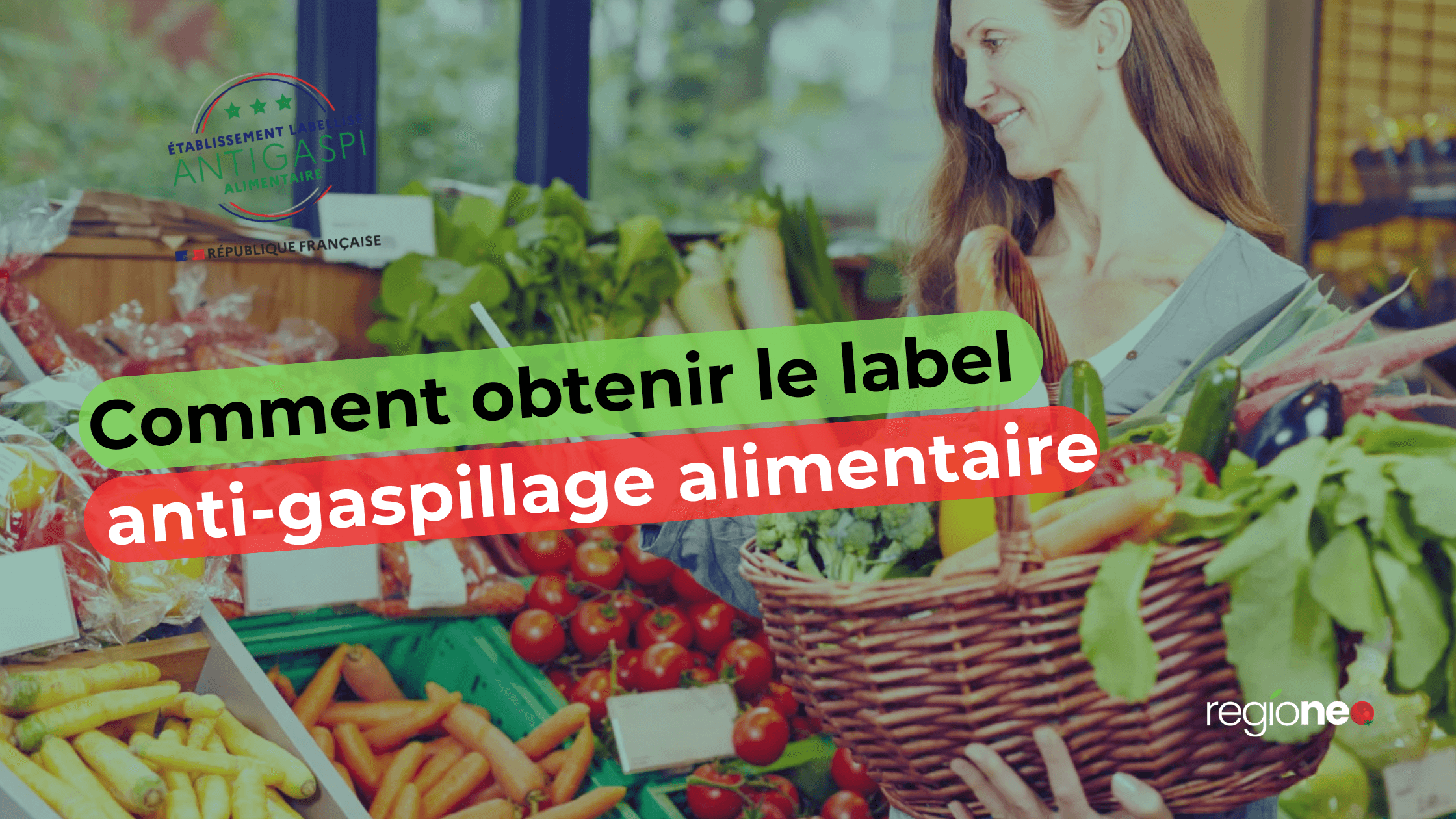In recent years, the’organic farming has become widely democratised. You can find it everywhere: in supermarkets, at markets, online... However, despite its growing popularity, organic food is going through a period of doubt. Some consumers no longer believe in it. Too much talk, too many labels... consumers are getting lost in too much information.
In this context, how can a producer can it continue to win over consumers without falling into the trap of marketing window-dressing? This article looks at how to stand out from the crowd in the organic market by communicating effectively.
Organic today: why do people have doubts?
Talking about organic food shouldn't be such a complex task. But the development of the sector has also led to the emergence of a technical language, of regulatory terms or acronyms that are difficult for the general public to understand. The result is a lack of clarity. All too often, the message sent out by the producers is blurred, and the link between producer and consumer is disappearing. On the consumer side, they are exposed to a massive amount of communication from different brands. With too much exposure, they no longer notice the real value proposition.
But it is possible to do things differently. The aim is to make what you do on a daily basis understandable, with your words, your actions and your choices. It's interesting to talk about how you sow or harvest.
What consumers really want from organic products
Faced with this climate of doubt, the consumer expectations are refocusing on essential needs: clarity, proximity and authenticity. Labels alone are no longer enough. There has to be meaning behind the product.
Here's what more and more organic buyers are looking for:
- A clearly identified local or regional origin.
- Seasonal, fresh and minimally processed products.
- A visible approach, with explanations on how to cultivate or rear.
- A human relationship or at least contact with the producer, online or at the market.
- Consistency throughout: respect for nature, the rhythms of plants, animals and the soil.
What counts is not just the green label, but everything that lies behind it: a story, a logic, a sincere commitment. As a committed producer or brand, it's in your interest to highlight what makes you unique.
How to talk about your organic business in a transparent way
Showing the day-to-day without trying to embellish helps to build a lasting relationship of trust. The transparency is not to say everything, but to say what's essential, in an understandable and accessible way. A few lines on a label, a small sign at the market or a clear publication on social networks can be enough.
Simple gestures often speak louder than grand speeches: explaining a growing method, an agronomic choice or a difficulty encountered enhances the value of the work done. Even constraints, failures and adjustments can become proof of authenticity.
Rather than multiplying the arguments, it can be more useful to let the soil, the crops, the images and the seasons speak for themselves. Showing a greenhouse open to insects, a fallow plot, a plant sown without any particular product creates confidence based on reality.
Getting the organic message across without jargon or big speeches
Technical language often creates distance. The choice of words counts. For example, rather than talking about ’organic inputs«, simply say »composted manure«. It's not enough to simplify; you have to translate.
Far from abstract slogans, a few well-chosen sentences can get the essential point across. There's no need for long explanations to explain why a field has not been treated, why a harvest is limited, why a product is not available out of season. Consistency can be seen in practices. Rather than convincing, it's a question of explaining, and rather than arguing, it's sometimes enough to tell the story.
In a world saturated with information, what really matters is clarity and authenticity. Organic farming can continue to embody a different way of producing, one that is more respectful, more deeply rooted and more humane. But that means avoiding conventional discourse and getting back to speaking simply and directly.
Showing what's being done, explaining without complicating, telling without convincing: this is the path of a sincere communication. Organic deserves more than slogans. It deserves visible proof, real stories and concrete action. This is what Regioneo is doing, bringing organic producers closer to consumers who are looking for transparency and products they can trust.

